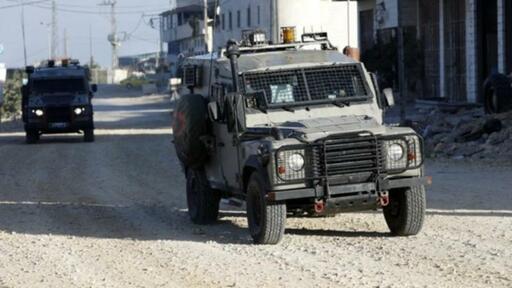On boredom – Amos Harel in Haaretz:
‘On the other side was an article on the investigation into the death of a Kfir infantry brigade soldier, Staff Sgt. Natan Fitoussi, whose buddy accidentally shot him to death on duty on the Green Line.
The rumors about a small, smart army haven’t reached the Kfir Brigade troops, who are stuck in these positions for shifts of eight and even 12 hours.
The comparison of these two articles isn't trivial. Some ground forces units suffer from low discipline, which wasn't sufficiently addressed even after the previous friendly fire incident, in January, in which two company commanders were killed by another officer from their Egoz commando unit.
The wave of shooting, knifing and ax attacks between March and May forced the army to allocate forces at the expense of training, in order to close breaches in the separation barrier. Nine battalions are still bearing that burden instead of training, and the conditions are difficult.
Together with the boredom and the missing equipment – according to accounts of some combat soldiers – questions also arise about the training ahead of routine security assignments on the seam line with the Palestinians.
And there’s another matter that's rarely mentioned aloud. In some units there's the problem of the quality of the junior officers. This partly has to do with the quality of their training and degree of independence during missions.’
Read the article here.
The wish for a ‘smart, small army’ is understandable, and probably shared by many commanders in chief all over the world. But as the war in Ukraine once again makes clear, ground troops do the old-fashioned fighting and dying (or getting wound). Smart and small, or not
Boredom and low morale are probably unavoidable, especially when the threat of dying faded away.
Friendly fire incidents are just the minor symptoms of this boredom, and the lack of discipline that goes hand in hand with ennui.
